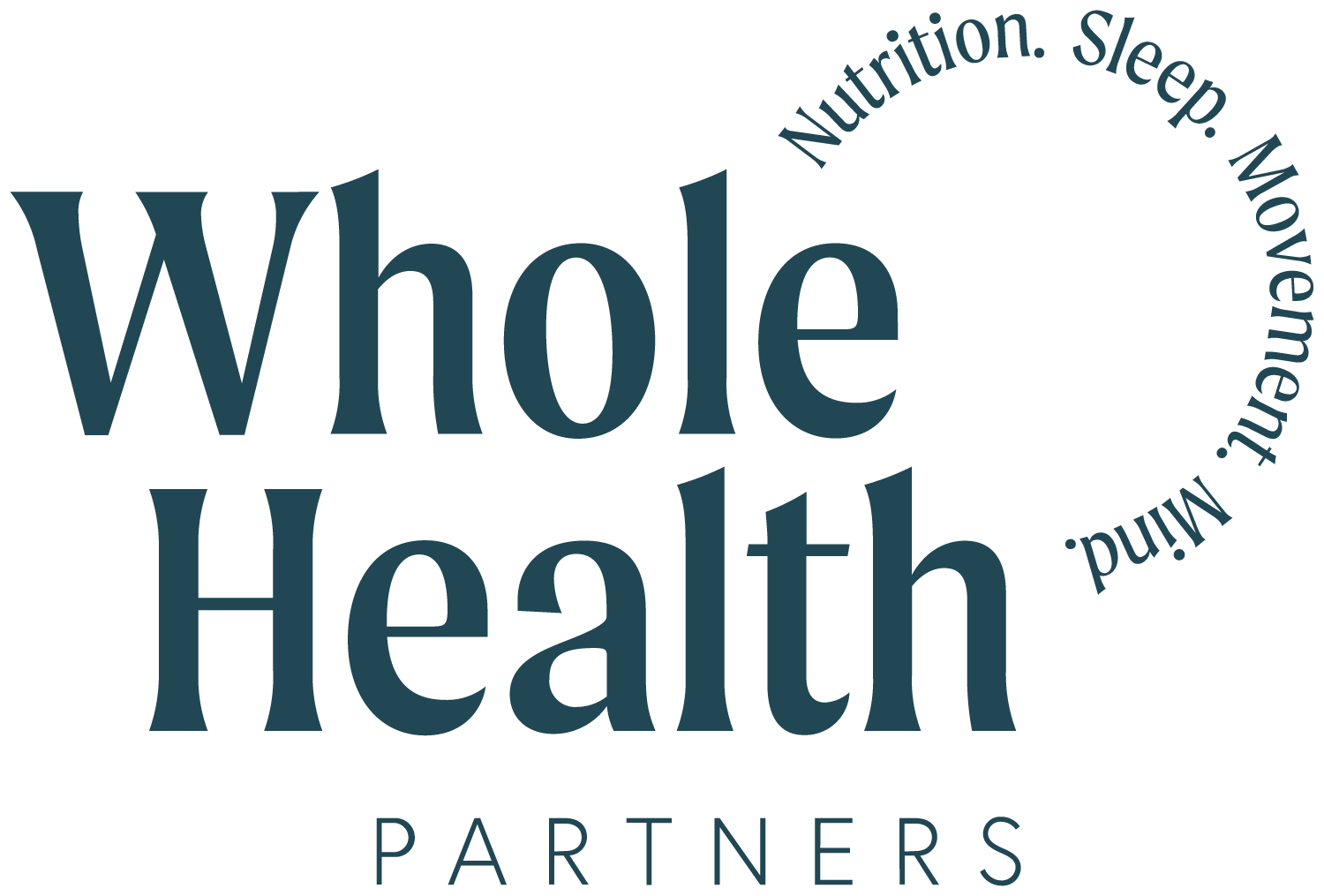Before You Make a Big Change: Setting Yourself Up for Success
You wouldn’t run a marathon without first investing in a good pair of shoes. Yet whether it’s recipes, exercise routines, or meditation techniques—we often jump straight to specific action steps and tactics when we want to make changes toward a healthier lifestyle. In order to make changes that stick, however, we may be better off slowing down, and taking some time to prepare.
When Whole Health Partners works with our patients to develop a plan, the first thing we do is help them to understand what factors may contribute to their success, and also to identify specific barriers or challenges that might stand in their way. Below is a set of questions and considerations you can use to start exploring this for yourself.
Rethinking Your Food Environment
Calories, vitamins, nutrients—we know that what’s in our food matters a lot. But so does the context within which we make our food choices. That’s why we encourage our patients to think through their food environment with the following questions:
Do you have time to plan, shop, prep, and enjoy your food?
Is your kitchen set up for cooking, and do you enjoy spending time there?
Have you cleaned out your fridge?
Do you have the equipment and pantry items you need for cooking?
Are there foods you find hard to avoid? Or ones you really would rather not eat
Are there foods that household members eat that might be triggers for you?
Do you have the skills and knowledge to prepare fresh foods? Are there techniques you wish you had mastered?
Are your preferred, healthier foods available—and at eye level—and have you removed ‘trigger foods’ that you are trying to avoid or cut back on?
Prioritizing Sleep
Sleep often gets the short end of the stick when it comes to healthier lifestyles. And yet it’s absolutely central, not just for letting your body rest, but also as a factor in influencing food cravings and habits [link], energy levels and willingness/ability to exercise. Use the questions below to start thinking through how you might approach improving your sleep hygiene:
How many hours do you currently spend asleep? Do you feel rested and refreshed, or regularly fatigued?
Is your sleep environment somewhere you enjoy being and feel relaxed and rested? Is your bed and bedding comfortable? Are there work documents, clutter, electronic devices or other distractions?
Who else is in the bed with you? Do your children/pets/partner regularly disturb your sleep, and are there ways to minimize those disruptions? Have you put your phone on an automatic do not disturb schedule?
What temperature do you keep our bedroom at? Is it comfortable, or do you regularly wake up hot or cold?
Do you prefer to sleep with white noise, or other accompaniments? Would a sound machine, sleep apps, or black-out curtains help you to fall and stay asleep?
Preparing Yourself to Move
Obviously physical exercise is important for our health. Yet it’s not just about the specific activity we partake in. Allowing yourself time to understand your motivations, likes/dislikes, and other barriers will help you establish a movement routine that you actually stick with.
Do you have psychological barriers to moving more? This might include past trauma around exercise, a lack of confidence, or body image issues.
Do work, family or social pressures get in the way of making physical activity a priority?
Do you have the equipment and resources you need for the activities you enjoy and are interested in? Do you have the financial resources to pay for them? (e.g. memberships, coaching etc.)
Do you have a supportive network of likeminded people, or a partner, who you can exercise with?
Do you have the knowledge or skills for the activity you want to pursue?
Could you incorporate more regular physical movement—outside of traditional ‘exercise’—into your daily routine? Are there opportunities to walk or bike to work, for example, or to take the stairs instead of the elevator?
Making Your Mind Up
Everything we do is influenced by our mindset and mental health. That’s why any successful effort toward healthier lifestyle change can and must include a strong focus on thought patterns, emotions, and mental self-care. Below are some questions that can help you to explore this critically important topic:
Do you have specific mental health challenges or diagnosed psychological conditions you are dealing with? Do you have the professional help you need?
Do work, family care or social pressures interfere with your self-care routines?
Is stress a significant factor in your life, and do you have successful strategies for comping with it?
Are there people around you who contribute to stress or emotional challenges? Are there ways to either improve your relationships with those people, or establish boundaries?
Are there people who contribute positively to your mental state? Can you strengthen your support networks?
Are there other stressors that can be removed from your life?
What keeps you motivated in life? What brings you joy?
Are there activities, tools or techniques that help you cope with stress?
Why This Matters
The questions above are obviously not exhaustive. But they can serve as a powerful tool for understanding the context within which any lifestyle changes you make will take place. By digging deep into the ways that the people and things around us influence our behaviors, we can identify strategies to overcome barriers, play to our strengths, and set ourselves up for long-term success.
If you’d like to work with a Whole Health Partners provider on these topics, please don’t hesitate to reach out and set up a consultation.
What would you like help with?
Weight Loss and Weight Maintenance
Blood Glucose Management, Diabetes, Insulin Resistance, Hypertension, High Cholesterol, Thyroid Disease, Hormonal Health
Polycystic Ovarian Syndrome (PCOS), Perimenopause/Menopause








